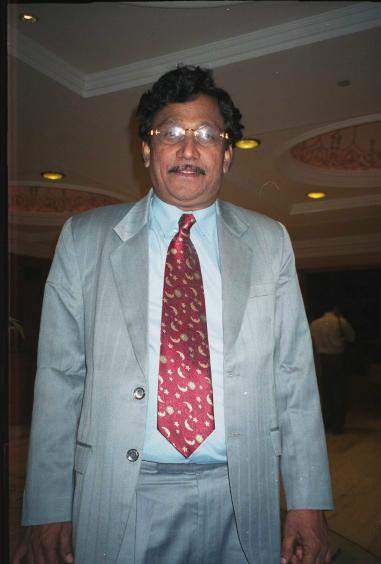
These reports indicate that the checks were immediately made good and that there was "no problem".
Somebody needs to make it clear to whomever is in charge of FIDE that it is not "no problem" if a check bounces. Writing a check with insufficient funds in the bank is a crime in most jurisdictions. Everybody makes a mistake now and then, but in view of the bouncing of the big prize money checks from the FIDE World Championship in Las Vegas last year, this repetition of the problem can hardly be classified as a mistake.

|
When checks from the 1999 FIDE World Championship started bouncing last year, nobody could be prosecuted because the signers of the checks had already left the USA by the time that the checks bounced.
This year, there should be no more such excuses. If more checks bounce, we should be talking about JAIL TIME.
All but the men's finals of this year's world chess championship have been played in New Delhi, India. India has strong currency exchange control regulations that make it difficult to take money out of the country. Since this problem is well known and has caused grandmasters Miles and Baburin to vehemently protest in Chess Café magazine and elsewhere, it is to be presumed that the checks are being drawn on a bank account outside of India.
A further problem is that the players were required to pay their own airfare and to stay at an expensive hotel in India. If their prize money checks bounce, they will suffer a great financial loss. Hardest hit will be those players who come from poor countries and who do not have money.
Because of the problem of rubber checks last year, this year many players were reluctant to play. They finally decided to play after the FIDE President, Kirsan Ilyumzhinov, came to Istanbul on November 10 and personally guaranteed that the players would be paid.
The players whose checks have bounced thus far this year were early round losers. Last year, the early round losers had no problem getting paid. It was the semi-finalists and finalists whose checks bounced last year.
This year, the winner gets $528,000 and the runner-up gets $316,800. This is after a 20% payment to FIDE. Anand and Shirov are playing a six-game match for this prize. Anand leads by 2 1/2 to 1/2 and is virtually certain to win. Now, the question is: Will they get paid?
Sam Sloan